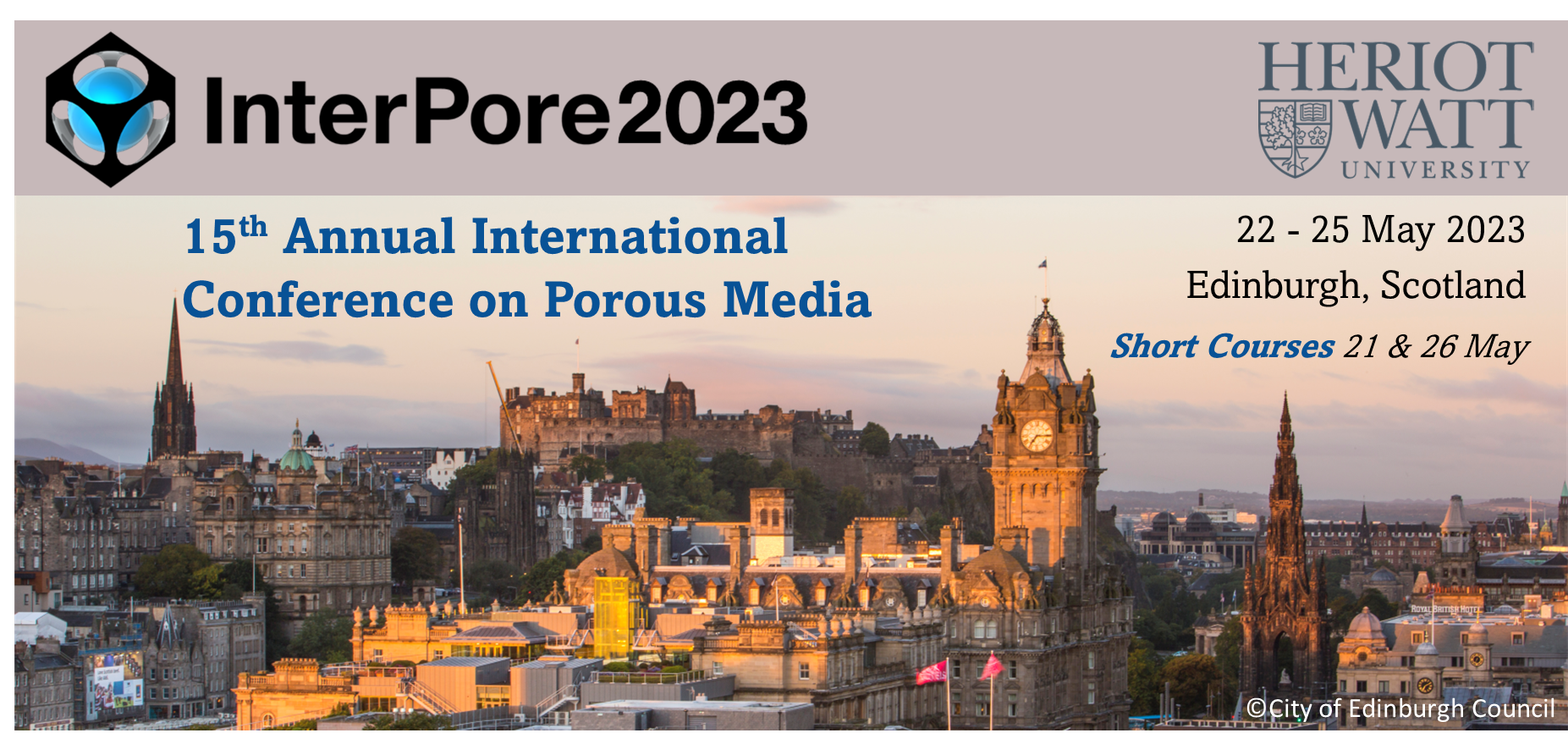Speaker
Description
The injection of cold water into the subsurface to recharge the aquifer during the exploitation of geothermal resources mobilizes fine particles (colloids) which can detach, precipitate, or even deposit irreversibly clogging the porous formation at the vicinity of the well. These processes very often lead to a reduction in the operating time of the wells and additional operating costs are required in order to separate and remobilize the aggregates thus formed. At the reservoir-scale, these processes are described using CFT (Colloidal Filtration Theory) and the Kozeny-Carman relationship. Such models, however, rely on heuristic parameters which have to be tune to fit with experimental datas, which limit their predictive capabilities.
In this work, we developed a numerical code for the transport of colloidal particles at the pore scale. The code relies on a four-way unresolved-resolved CFD-DEM (Computational Fluid Dynamics - Discrete Element Method) coupling that includes hydro-mechanical interactions (e.g. collision, drag, lift, gravity) and electro-chemical interactions (e.g. Van der Waals attraction and electrostatic double layer repulsion commonly known as DLVO (Derjaguin-Landau-Verwey-Overbeek) forces) between the particles, the fluid and the porous formation. The code, implemented within the open-source platform OpenFOAM, has been verified on cases for which reference solutions exist. We use the numerical model to investigate the deposition/remobilisation kinetics and the permeability/porosity relationship at the pore-scale under various flow, particle size and concentration, pH and salinity conditions. These new insights into the transport and deposition of colloidal particles in porous media will guide the development of reservoir-scale models rooted in the elementary physical principles.
| Participation | In-Person |
|---|---|
| Country | France |
| MDPI Energies Student Poster Award | Yes, I would like to submit this presentation into the student poster award. |
| Acceptance of the Terms & Conditions | Click here to agree |







